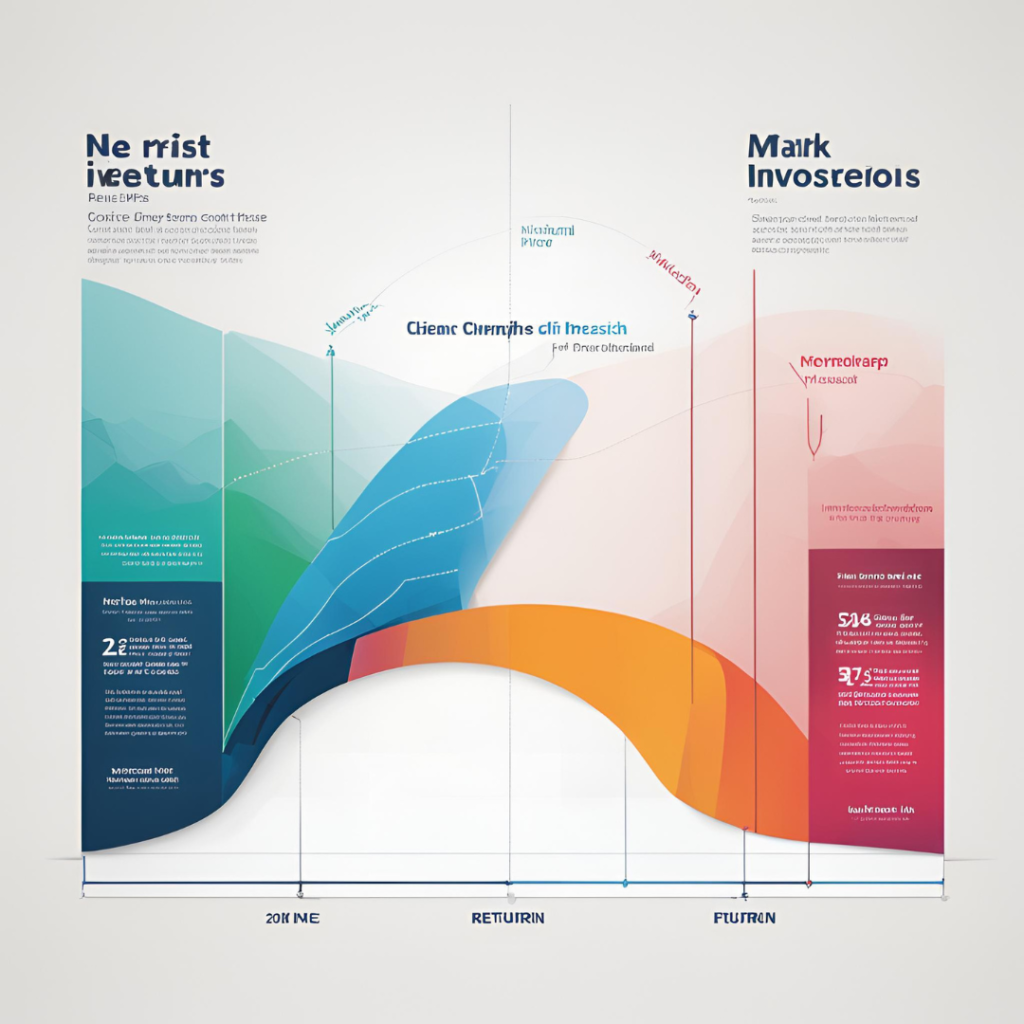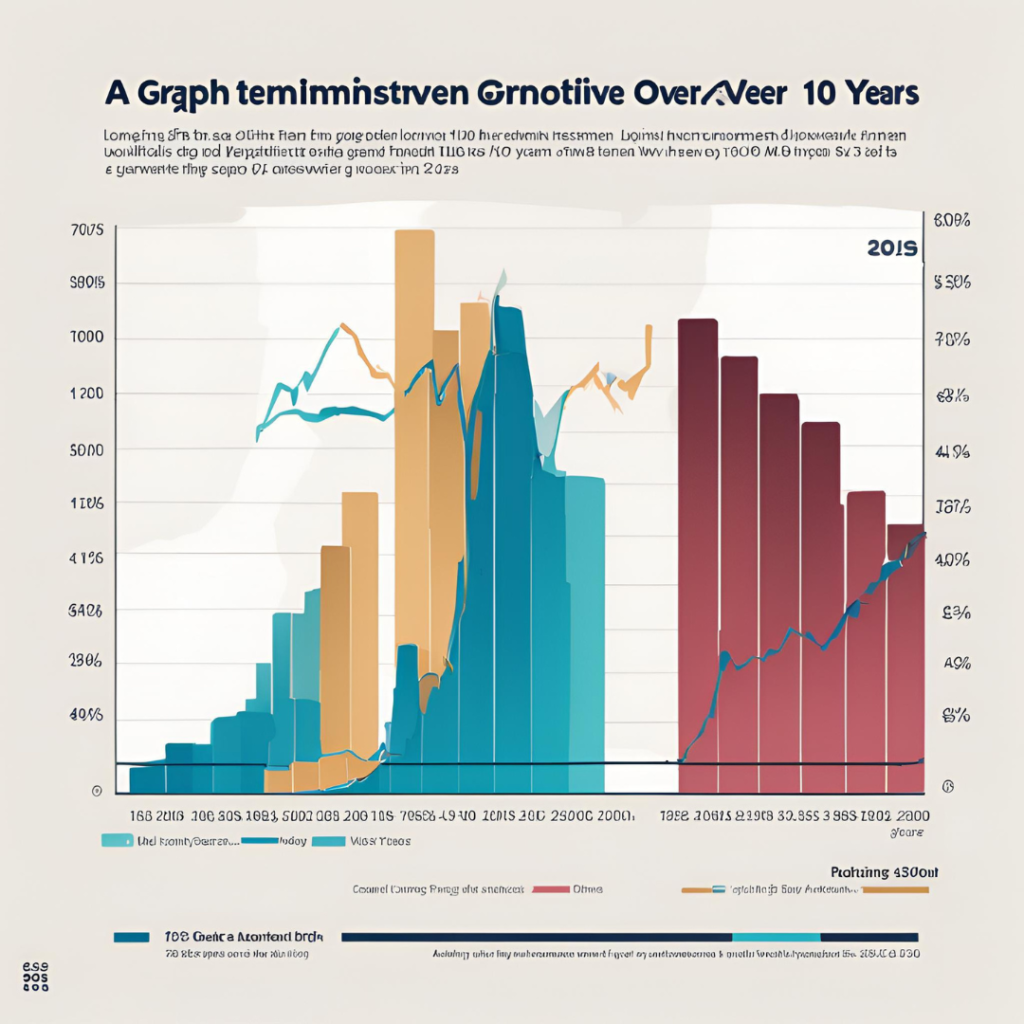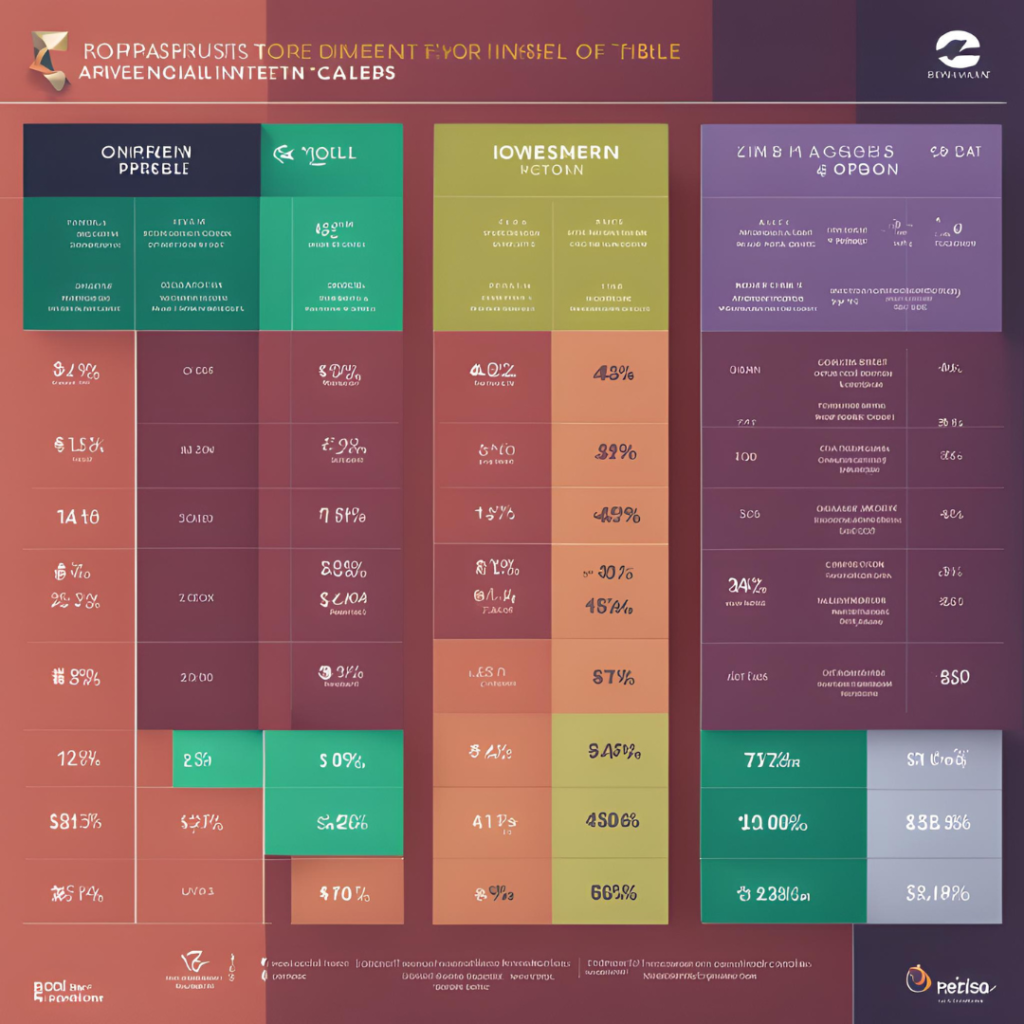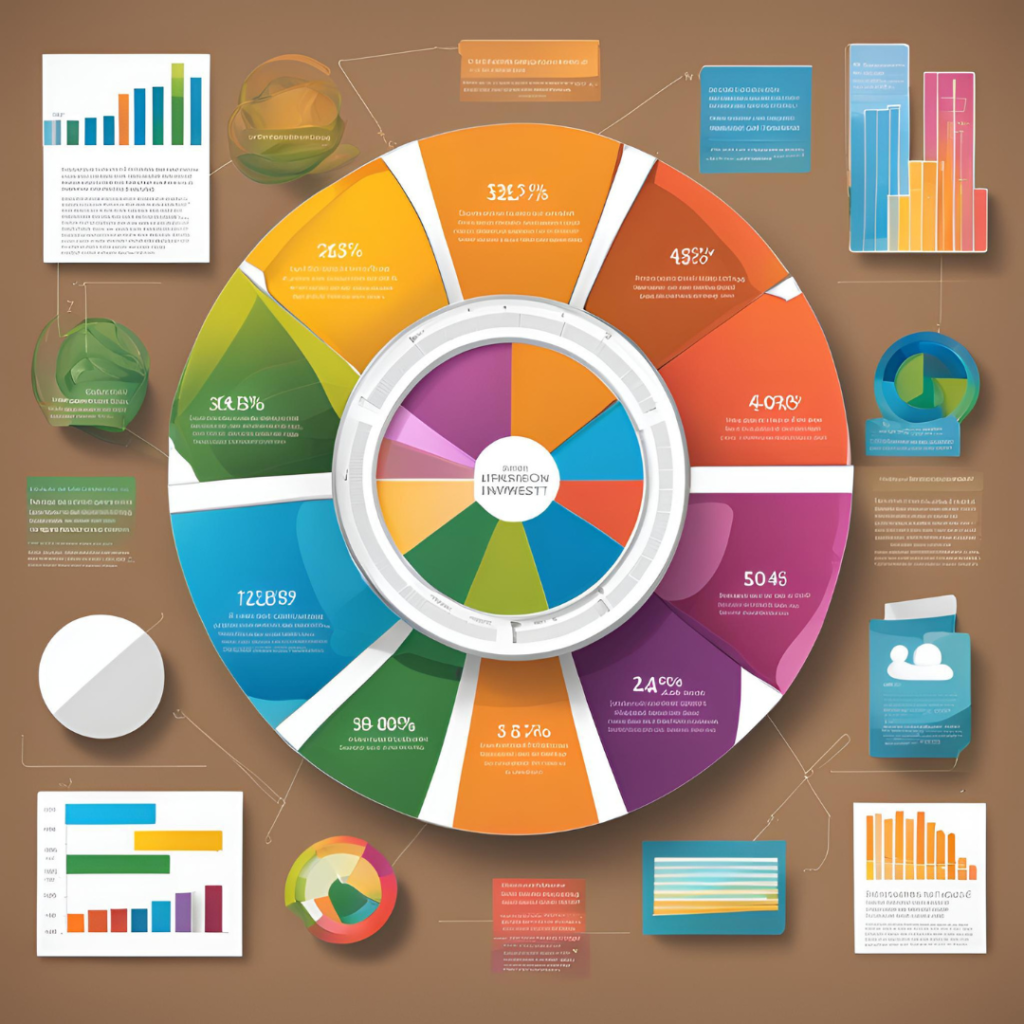📌 Introduction: Investing Isn’t Just for the Experts
Many people believe that investing is only for finance professionals, but the truth is anyone can build wealth through smart investments—even without a background in finance.
With the right strategy, risk management, and mindset, you can make informed investment decisions and grow your money without needing to be an expert.
📌 In this guide, you’ll learn:
✔ How to start investing with little experience
✔ Key strategies used by successful investors
✔ The best investment options for beginners
✔ How to avoid common mistakes that cost money
1️⃣ Understand the Basics of Investing
🔹 Before investing, you need to understand key concepts.
🚀 Key Investing Terms to Know:
✅ Assets – Anything that can grow in value (stocks, real estate, etc.).
✅ Risk vs. Return – Higher returns usually come with higher risks.
✅ Diversification – Spreading investments across different assets to lower risk.
✅ Compounding – Earnings from your investments generating even more earnings over time.

2️⃣ Choose the Right Investment Strategy
🔹 Investing is not gambling—it’s about strategy.
📌 Three Proven Investment Strategies for Beginners:
📈 1. Long-Term Investing (Buy & Hold)
✅ Best for: People who want steady growth over time.
✅ Example: Investing in index funds (S&P 500) or blue-chip stocks like Apple & Microsoft.
✅ Why it works: Less stress, fewer fees, and long-term wealth-building.

📊 2. Dollar-Cost Averaging (DCA)
✅ Best for: People who don’t want to time the market.
✅ Example: Investing $500 in stocks every month, no matter the market price.
✅ Why it works: Reduces the impact of market ups and downs.

🏠 3. Investing in Real Estate for Passive Income
✅ Best for: People looking for stable, long-term returns.
✅ Example: Buying a rental property and earning monthly income.
✅ Why it works: Real estate grows in value over time while generating cash flow.

3️⃣ Best Investment Options for Beginners
🔹 Start with investments that are simple and easy to manage.
🚀 Top 5 Beginner-Friendly Investments:
✅ Index Funds & ETFs – Low-cost, diversified, and easy to invest in.
✅ High-Yield Savings Accounts – Safe place for emergency funds while earning interest.
✅ Bonds – Less risky than stocks, but lower returns.
✅ REITs (Real Estate Investment Trusts) – Invest in real estate without owning property.
✅ Cryptocurrency (High Risk, High Reward) – Bitcoin & Ethereum are popular but volatile.

4️⃣ How to Reduce Risk When Investing
🔹 Every investment has risks, but you can manage them wisely.
🚀 3 Risk Management Strategies:
✅ Diversify Your Portfolio – Don’t put all your money into one investment.
✅ Invest Only What You Can Afford to Lose – Never use emergency funds.
✅ Do Your Own Research (DYOR) – Understand an asset before investing.

5️⃣ Common Investing Mistakes to Avoid
🚨 Avoid these mistakes that can cost you money.
❌ Top 3 Mistakes New Investors Make:
✅ Trying to Time the Market – No one can predict stock prices perfectly.
✅ Investing Without a Plan – Always have clear goals before investing.
✅ Ignoring Fees & Taxes – Small costs can eat into your profits over time.

📌 Conclusion: Start Investing Today!
You don’t need to be an expert to build wealth through investing. Just follow these steps:
✔ Learn the basics – Understand how investing works.
✔ Choose the right strategy – Long-term, DCA, or real estate.
✔ Pick beginner-friendly investments – ETFs, index funds, or bonds.
✔ Manage risk wisely – Diversify, invest wisely, and research before buying.
📢 What’s the first investment you’re considering? Drop a comment below!
